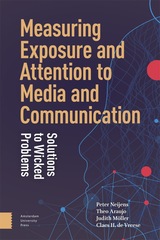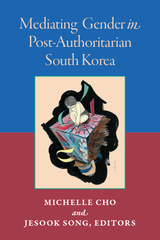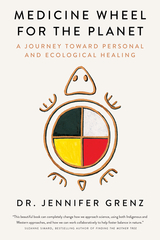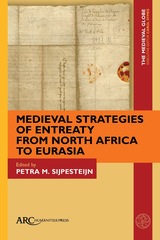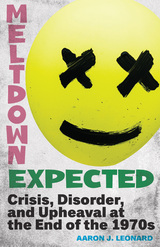6 start with R start with R
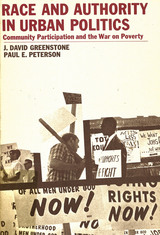
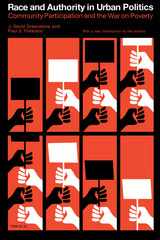
In a series of lively chapters, Greenstone and Peterson show how the coalitions that formed around the community action question developed not out of electoral or organizational interests alone but were strongly influenced by prevailing conceptions of the nature of authority in America. The book stresses the way in which both machine and reform structures affected the ability of minority groups to organize effectively and to form alliances in urban politics. It considers the wide-ranging critiques made of the Community Action Program by conservative, liberal, and radical analysts and finds that all of them fail to appreciate the significance and intensity of the racial cleavage in American politics.

In Reclaiming Public Housing, Lawrence Vale explores the rise, fall, and redevelopment of three public housing projects in Boston. Vale looks at these projects from the perspectives of their low-income residents and assesses the contributions of the design professionals who helped to transform these once devastated places during the 1980s and 1990s.
The three similarly designed projects were built at the same time under the same government program and experienced similar declines. Each received comparable funding for redevelopment, and each design team consisted of first-rate professionals who responded with similar "defensible space" redesign plans. Why, then, was one redevelopment effort a nationally touted success story, another only a mixed success, and the third a widely acknowledged failure? The book answers this key question by situating each effort in the context of specific neighborhood struggles. In each case, battles over race and poverty played out somewhat differently, yielding wildly different results.
At a moment when local city officials throughout America are demolishing more than 100,000 units of low-income housing, this crucial book questions the conventional wisdom that all large public housing projects must be demolished and rebuilt as mixed-income neighborhoods.
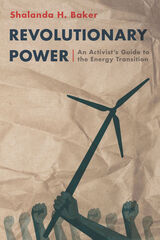
In Revolutionary Power, Shalanda Baker arms those made most vulnerable by our current energy system with the tools they need to remake the system in the service of their humanity. She argues that people of color, poor people, and indigenous people must engage in the creation of the new energy system in order to upend the unequal power dynamics of the current system.
Revolutionary Power is a playbook for the energy transformation complete with a step-by-step analysis of the key energy policy areas that are ripe for intervention. Baker tells the stories of those who have been left behind in our current system and those who are working to be architects of a more just system. She draws from her experience as an energy-justice advocate, a lawyer, and a queer woman of color to inspire activists working to build our new energy system.
Climate change will force us to rethink the way we generate and distribute energy and regulate the system. But how much are we willing to change the system? This unique moment in history provides an unprecedented opening for a deeper transformation of the energy system, and thus, an opportunity to transform society. Revolutionary Power shows us how.
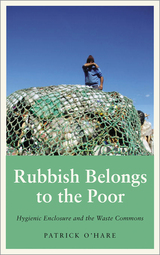

READERS
Browse our collection.
PUBLISHERS
See BiblioVault's publisher services.
STUDENT SERVICES
Files for college accessibility offices.
UChicago Accessibility Resources
home | accessibility | search | about | contact us
BiblioVault ® 2001 - 2024
The University of Chicago Press


